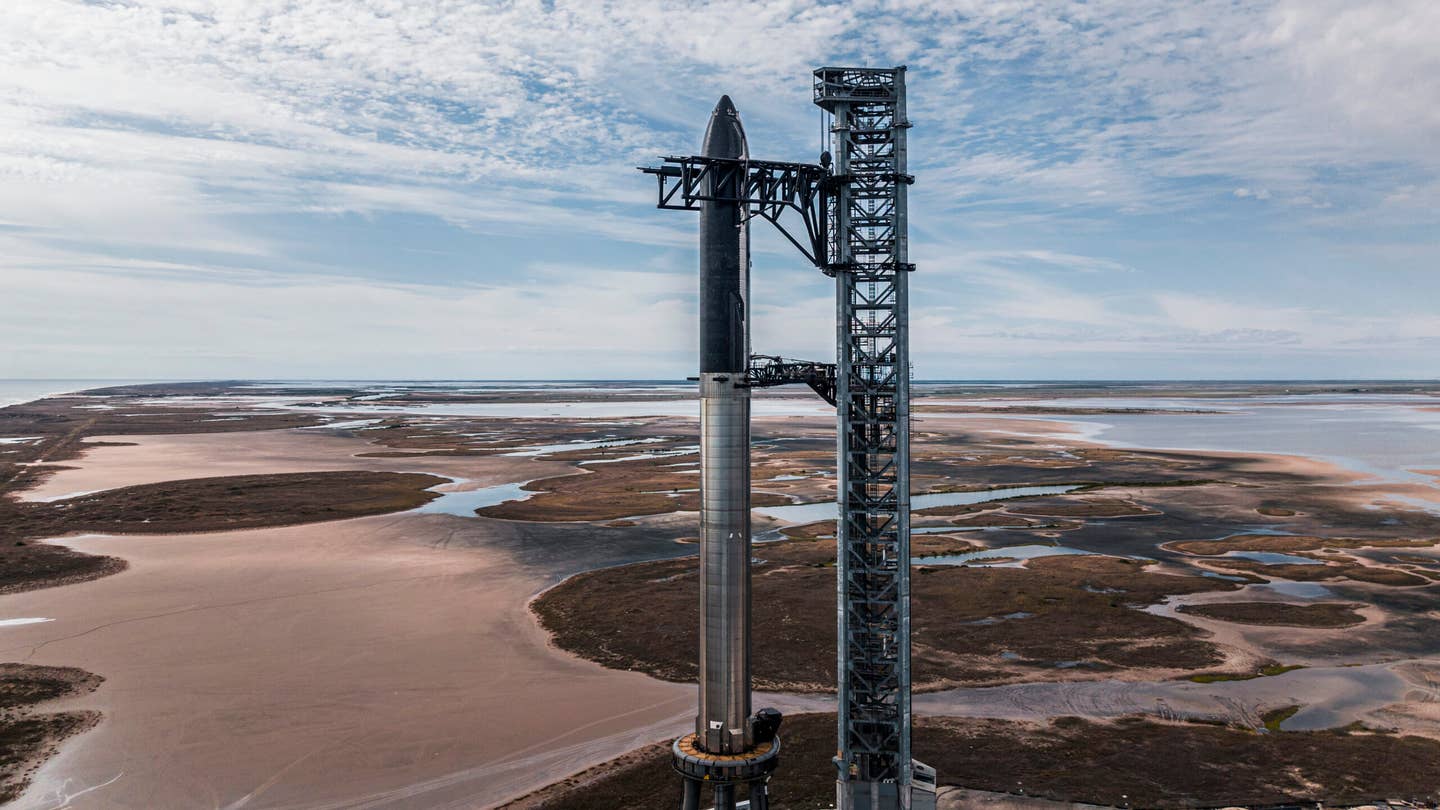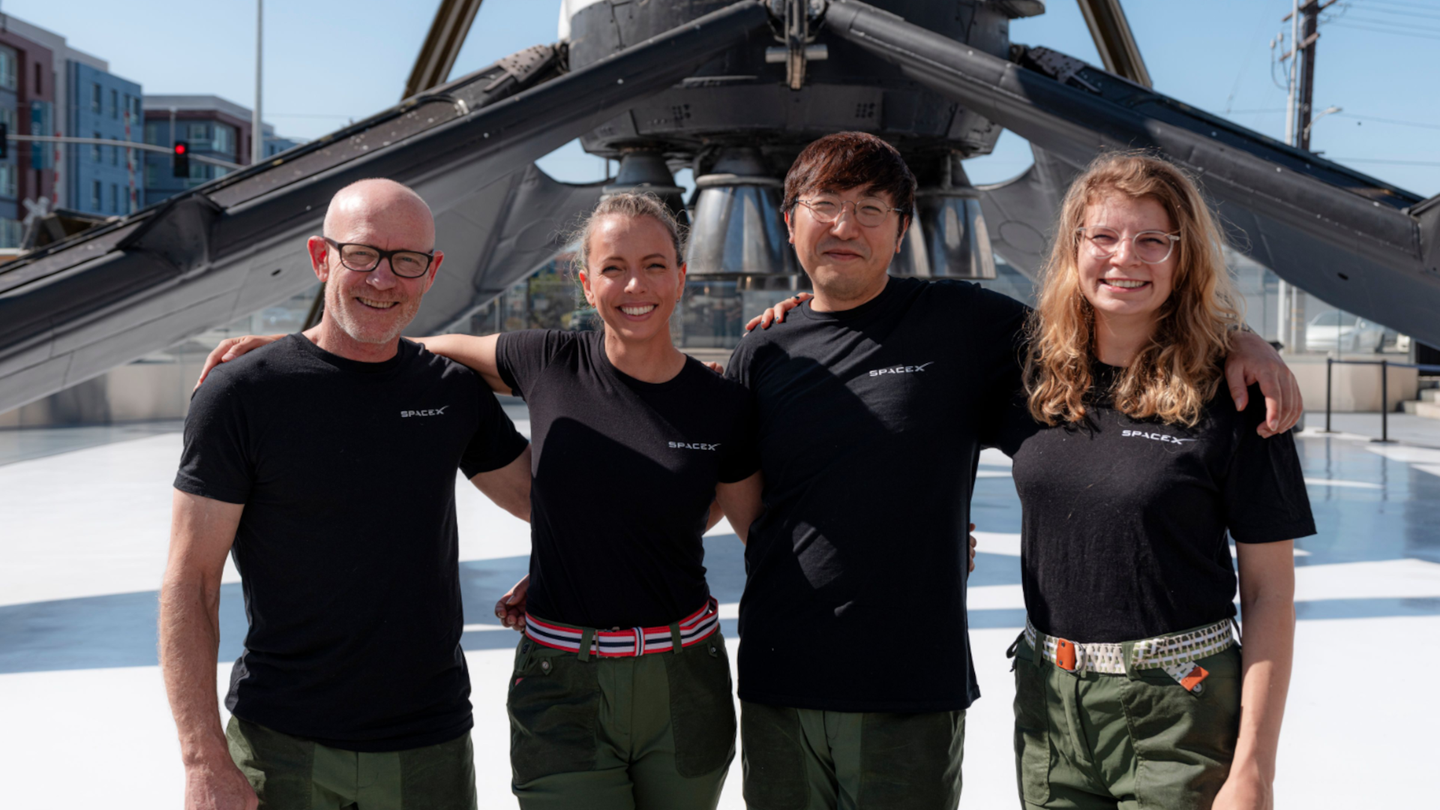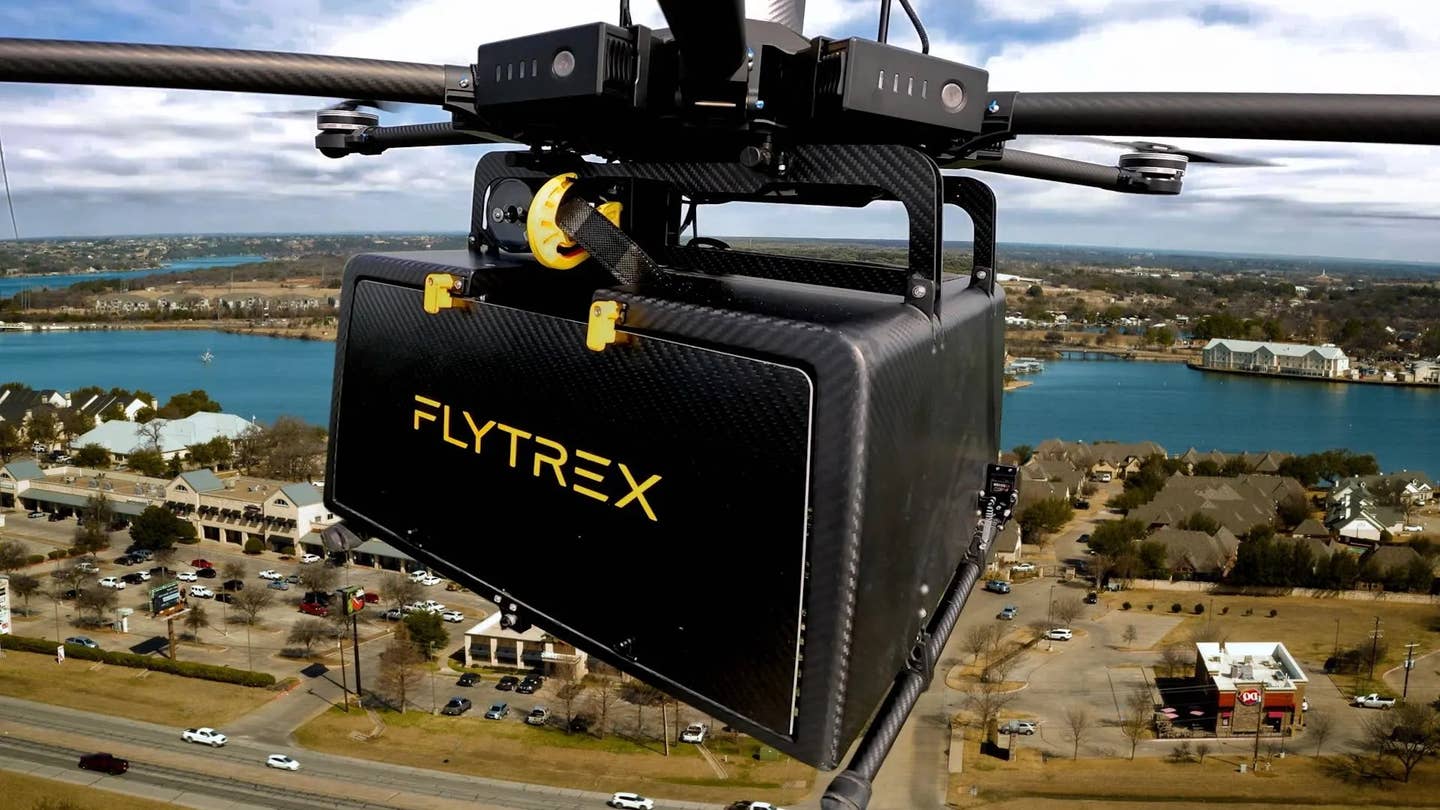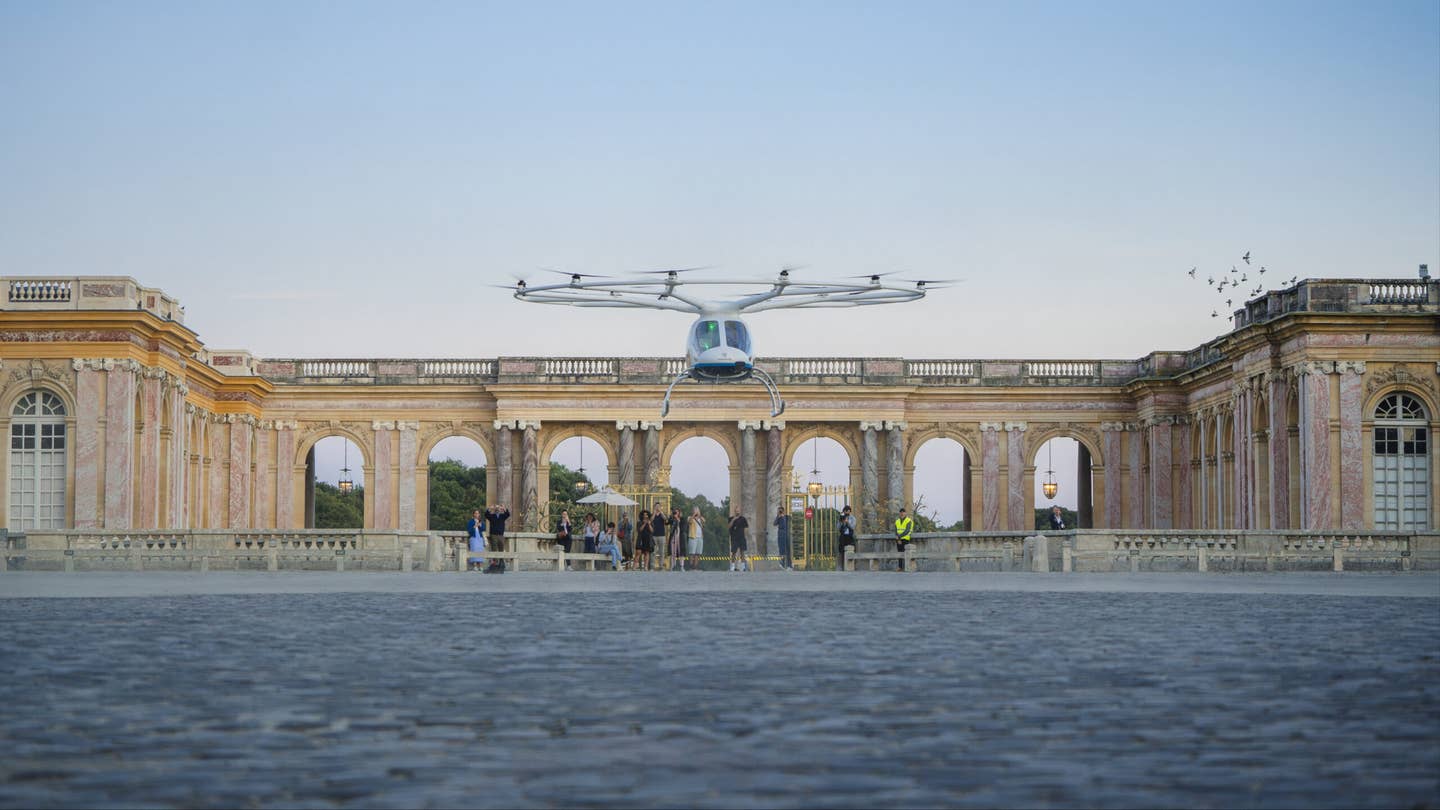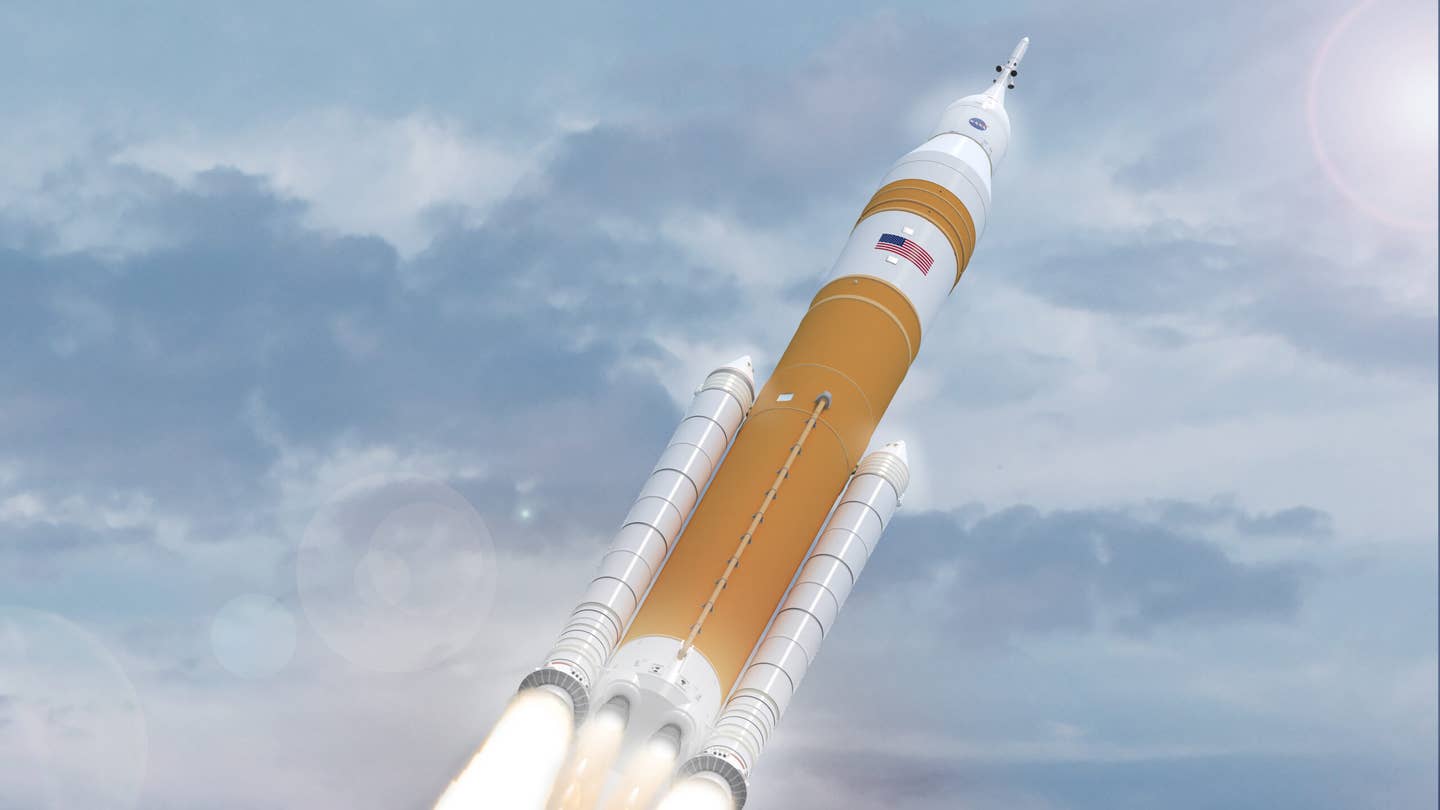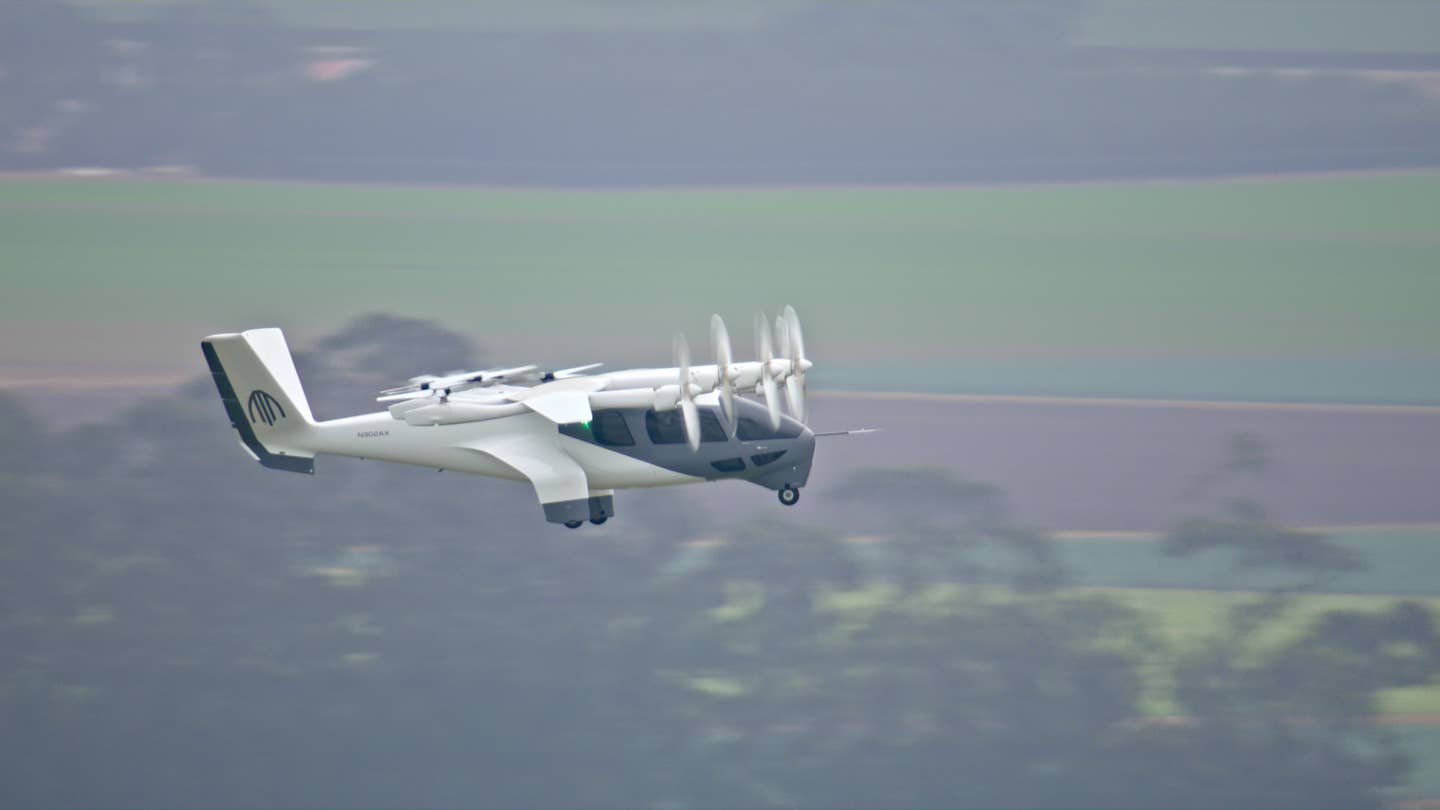Wally Funk: Breaking the Glass Ceiling, All the Way to Space
The member of the famous ‘Mercury 13’ finally reached space at age 82.
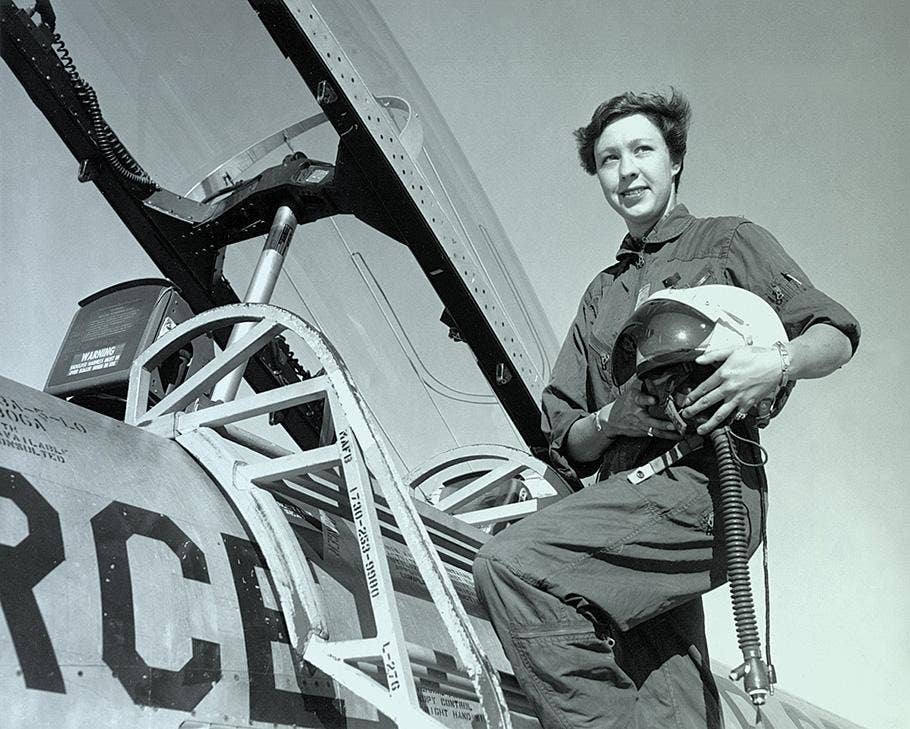
The year 2021 saw aviation legend Wally Funk (pictured in 1961) finally fulfill her dream to fly into space. [Courtesy: National Air and Space Museum]
During the early days of space exploration in the height of the Cold War era, an idea was floated to put an American woman in space.
The idea resulted in the famous “Mercury 13,” led by Jerrie Cobb and formed in 1960. Yet many in the U.S. believed that space was no place for a woman, and Russia would become the first country to produce a female astronaut. For many of the Mercury 13, an elite group of women aviators, their hopes were dashed. Yet one would touch space, albeit nearly 60 years later—Wally Funk.
Mary Wallace Funk was born in 1939 in Las Vegas, New Mexico. Flying was on her mind from an early age, and at 8 she attempted her first flight by jumping off her parents’ roof wearing a Superman cape. While this obviously didn’t work, her mother knew Funk had the grit needed to be a pilot, and at 9 she took her first flying lesson.
By the time Funk reached high school, mechanics and aviation had captured her heart. She attempted to enroll in courses such as mechanical drawing yet was redirected to more “appropriate” subjects such as home economics. For Funk, this simply wouldn’t do, and she left high school to enroll at Stephens College in Columbia, Missouri. While there, she became a member of the “Flying Susies” and graduated first in her class of 24 pilots. Funk would go on to become a civilian flight instructor at 20, teaching U.S. Army officers.
At 21, Funk volunteered for NASA’s “Woman in Space” program. Despite being younger than the recommended 25-40, she was selected and would go on to be a part of the elite Mercury 13. The rigorous tests were both physical and mental, and in some of them Funk scored even higher than John Glenn. Despite their success, however, the prevailing idea was that women didn’t belong in space, and the program would be canceled after two years.
Funk would go on to become the 58th woman to earn an airline transport pilot rating, yet could not find work with a carrier due to her gender. Not to be deterred, in 1971 she became the first female FAA flight inspector. In 1973, Funk was promoted to the FAA Systems Worthiness Analysis Program, and in ’74 she was hired by the National Transportation Safety Board as its first female air safety investigator. Funk would spend 11 years in that position until her retirement in 1985. Even in retirement, she kept herself busy as an FAA safety counselor.
It was in 1995 that the first space shuttle to be piloted by a female (Eileen Collins) was launched. Funk was on hand with several other members of the Mercury 13 to watch their dreams come to fruition.
Yet for Funk, that wouldn’t be the end of her journey to space.
In 2021, Funk finally saw space on the first New Shepard mission, part of Jeff Bezos’ Blue Origin project. At the time, the trip made Funk the oldest (82) to fly to space, a record she took from Glenn (77) but was surpassed later that year by William Shatner (90).
Funk has received countless honors and awards, including from the Aircraft Owners and Pilots Association, Smithsonian Institution, and alma mater Stephens College. Her time in aviation has included 7,000 students soloed, with 3,000 achieving a multitude of ratings.
Funk, now 85 and residing in Grapevine, Texas, in the Dallas-Fort Worth area, has logged more than 18,600 flight hours in her career. So it’s little wonder why her biography, Higher, Faster, Longer: My Life in Aviation and My Quest for Spaceflight, remains an inspiring read for flying and space enthusiasts.
Editor’s Note: This article first appeared on Plane & Pilot.
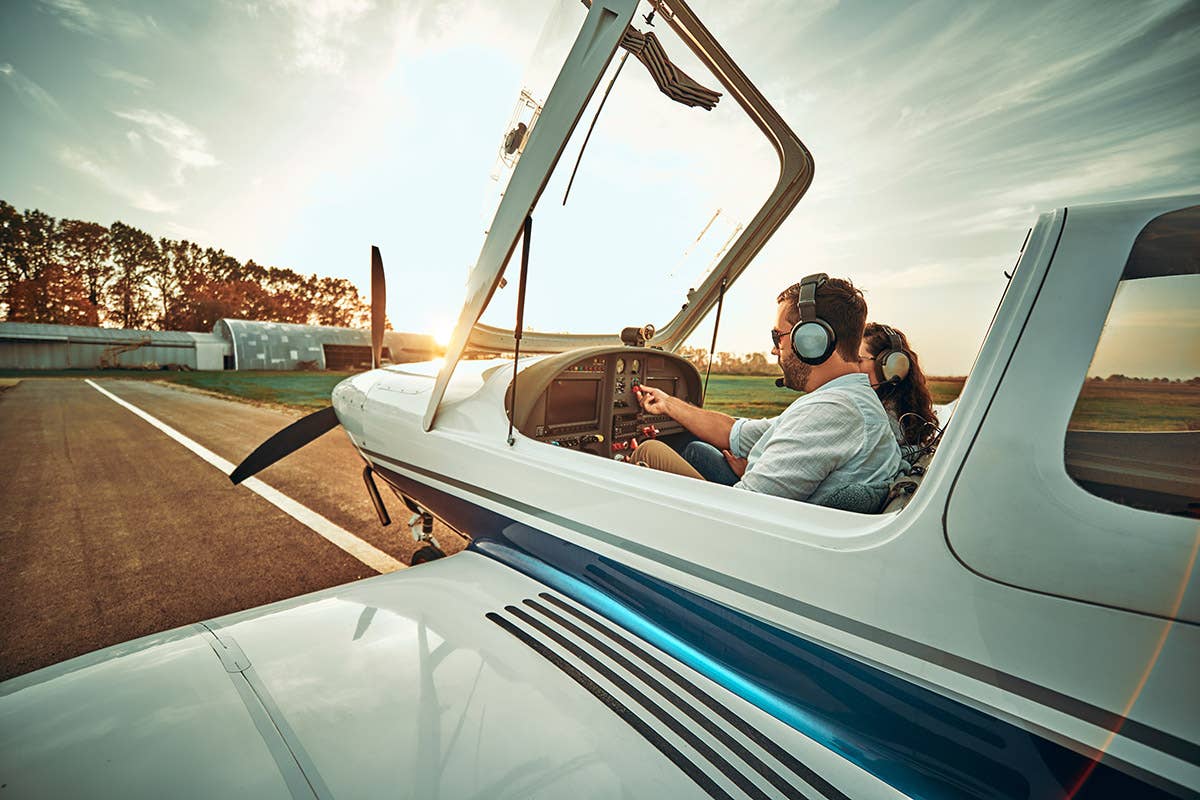
Subscribe to Our Newsletter
Get the latest FLYING stories delivered directly to your inbox

